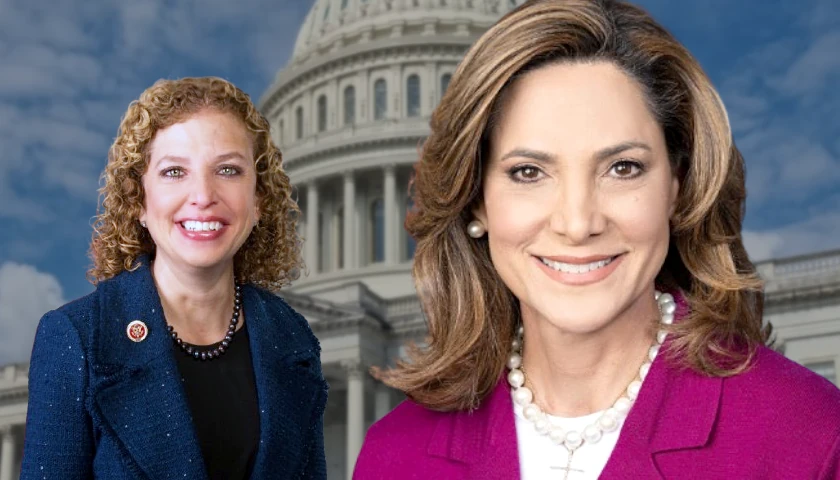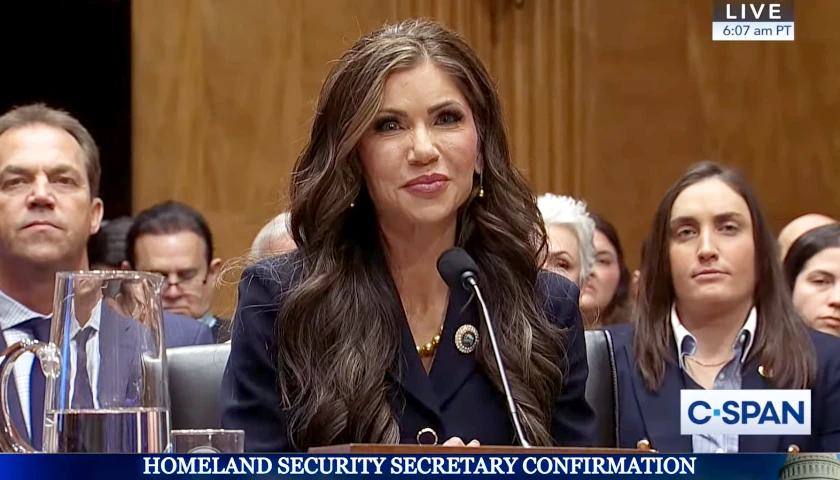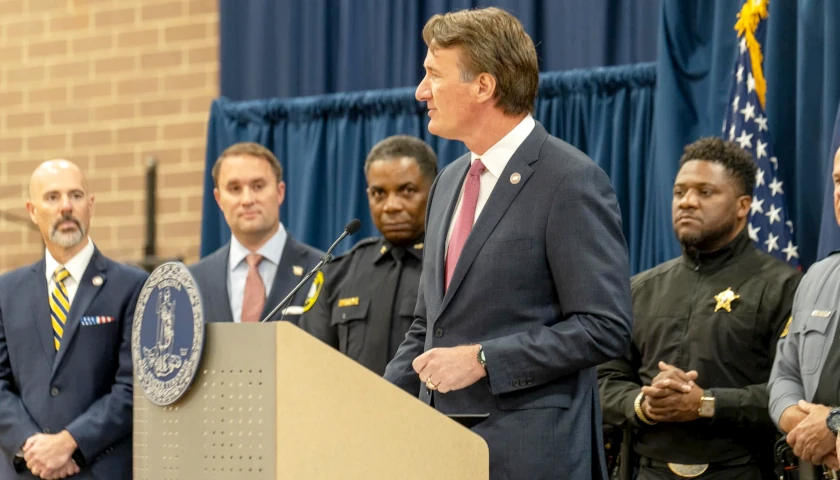by Marielbis Rojas
Florida Reps. María Elvira Salazar (Republican) and Debbie Wasserman Schultz (Democrat) presented a new bill in the U.S. House of Representatives on Tuesday, in a bipartisan effort to increase pressure on the communist Venezuelan regime of Nicolás Maduro.
The main objective of the Law to Repeal Venezuelan Oil Exemptions to Stop Autocratic Repression (REVOCAR Act) is to prohibit new licenses for transactions with the Venezuelan state oil company (PDVSA).
The law will terminate these licenses and ensure that American and European companies can no longer finance the repression of dictator Nicolás Maduro and accelerate the South American country’s democratic transition.
Salazar, who also is the House Chairwoman of the Western Hemisphere Subcommittee said the way to effectuate Maduro’s departure was to cut off the money he uses to maintain power.
“The flow of money that the Maduro dictatorship uses to oppress its people must be cut off for a long time,” Salazar said in a statement published by her office. “We are sending a loud and clear message that if Maduro stays, there will be no oil money for the Venezuelan regime.”
In a hearing, Salazar condemned several American and European oil companies for continuing to do business with PDVSA, even after the Maduro remained in power after fraudulently declaring himself the victor of the July 28 presidential elections.
The Florida based congresswoman argued that companies such as Chevron, Repsol, Eni and Maurel et Prom are all benefiting from the continued repression of the Venezuelan opposition by operating with PDVSA.
“Maduro’s brutal regime refuses to honor the undeniable election results, despite clear evidence proving his loss. Rescinding these special licenses, which exclusively serve to subsidize the regime’s crony corruption, violent repression, and flagrant human rights abuses, must be part of our international effort to reject Maduro’s election theft,” Schultz said.
“If we truly intend to see through a peaceful transition of power and honor the will of the Venezuelan people, we cannot afford to indulge fossil fuel companies’ investors at the expense of democracy.”
Democratic U.S. Sen. Dick Durbin also showed support for the bill.
“Despite the sweeping and clear opposition victory in the recent Venezuelan presidential election, the Maduro regime refused to release results, announced that it had won instead, and arbitrarily arrested thousands of opposition supporters.
“We must put an end to the outright theft of the Venezuelan voters’ overwhelming choice for a better future. I’m pleased that Reps. Wasserman Schultz and Salazar are introducing the House bill to terminate all U.S. petroleum cooperation and related trade with Venezuela until the legitimate results of the recent election are respected. The Maduro regime clings to power using oil revenues dependent on U.S. involvement. Under our bill, that will end, and so will Maduro’s financial strength.”
The statement explains that the REVOCAR Act would end Maduro’s financial livelihood by prohibiting U.S. citizens and companies from engaging with PDVSA by eliminating the General Licenses issued by the Treasury Department’s Office of Foreign Assets Control (OFAC).
The bans would last for three years or until the elected president, opposition candidate Edmundo González Urrutia, has taken power in Venezuela peacefully and democratically.
As ADN has previously reported, the United States, European Union, and Latin American intergovernmental body, the Organization of American States have all called upon Maduro to release the July 28 vote tallies, and the U.S. and EU have concluded González Urrutia was the rightful victor of the presidential elections.
The initiative arises in a context of high political tension in Venezuela.
While the Maduro regime has insisted that Maduro won the elections with 51% of the votes, the opposition maintains that González is the winner, with 67%, a total based on “83.5% of the electoral records” collected by witnesses and polling station memberson election day.
To date, the Maduro regime controlled National Electoral Council (CNE) has not offered any evidence of results that support their assertion the Venezuelan dictator actually won the election. González Urrutia has since fled to Spain, which recently granted him political asylum.
– – –
Marielbis Rojas is a Venezuelan journalist and communications professional with a degree in Social Communication from UCAB. She is a news reporter for ADN America.




